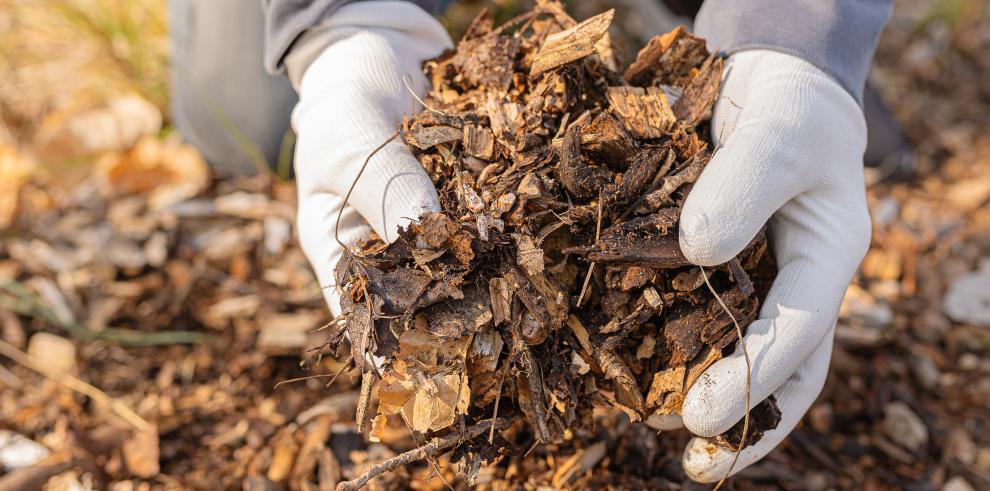At first sounds like a HORROR movie,,,,,,,,,,,then GENIUS.
- By : James Bryson
- Category : Agriculture, Human Interest

When one considers the COST of death, and then what the AFFECT on the environment is, the proper and humane composting of the deceased makes incredible sense. ODD, DIFFERENT, but incredibly LOGICAL>
Under the argument of reducing the carbon footprint, composting human remains is currently possible.
California this weekend joined Washington, Colorado, Oregon and Vermont in allowing a green burial method.
It is as if a quote from the book of Genesis were applied: “Man, remember that you are dust and to dust you will return”. In addition, it is a phrase that the priest repeats every time he applies the ashes on the forehead of each of his faithful Catholics.
The method is environmentally sustainable and a cost-effective alternative to cremation and burial, under US state law.
Human remains decompose naturally over a period of 30 to 45 days after being placed in a steel container and buried in wood chips, alfalfa, and other biodegradable materials. The body decomposes on the ground, later to be returned to its relatives.
Each process produces approximately one cubic yard of soil. Once completed, it can be used to restore forests, preserve conservation land, nurture gardens, and combat erosion.
Companies that offer human composting say that for every person who chooses the burial or cremation option, 535 pounds of CO2 from the average cremation (equivalent to a 600+ mile car trip) will be avoided. In addition, water and land use are being saved, compared to traditional burials.
The New York State Catholic Conference has opposed the measure, saying the alternative subverts the idea that the human body should be treated with dignity and respect.
More ecological burials
Human composting is an environmentally friendly alternative to cemeteries, taking up land and saving resources such as wood, concrete and steel used in casket construction, according to a bill note from Environmental Advocates of New York.
Traditional burials can also lead to soil and groundwater contamination due to the embalming process, which uses toxic chemicals such as formaldehyde, the advocacy group notes.



No Comments